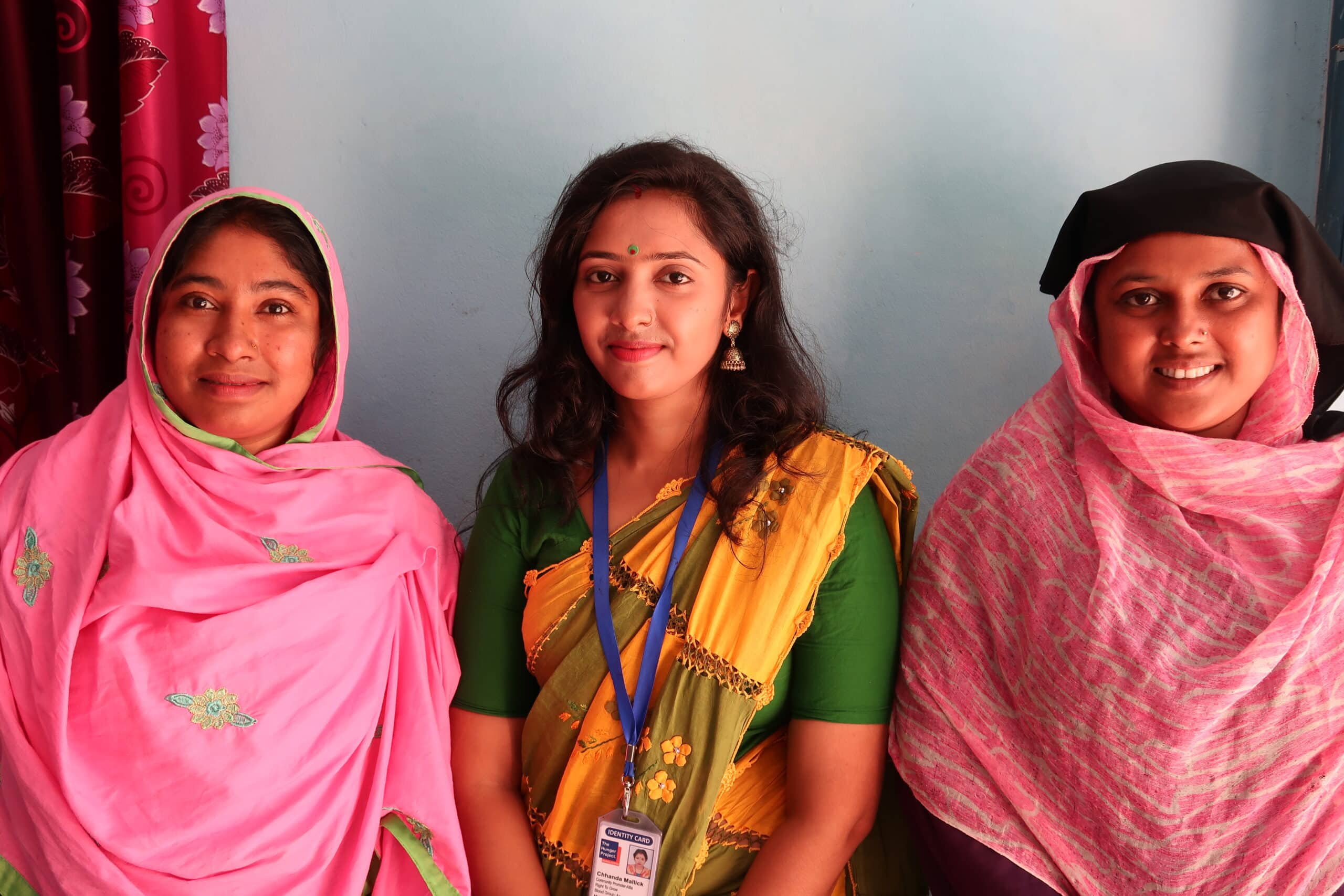Peace-building plays a critical role in the sustainable end of hunger.
Conflict is the biggest driver of hunger. 70% of the world’s food insecure population lives in areas affected by violence and war. The unstable circumstances left in the wake of conflict make it impossible to implement sustainable and comprehensive solutions to end hunger.
In Bangladesh, we’ve launched a new project dedicated to preventing and mitigating incidents of political, religious and ethnic violence across the country. The project is called the Multi-stakeholder Initiative for Peace and Stability (MIPS). By mobilizing key local stakeholders — like political actors, religious leaders and civil societies — this project promotes social cohesion and the implementation of innovative solutions to build peace and tolerance at the Upazila (sub-district) level. Together we’re building peace facilitator groups and networks to restore tolerance and harmony in the society.
Development will neither continue nor sustain unless we can peacefully coexist irrespective of our differences in politics, religion and ethnicity. By preventing and mitigating political, religious and ethnic conflicts, this project is designed to create a peaceful and harmonious Bangladesh, paving the way for its continued progress.
Funded by the Foreign, Commonwealth & Development Office (FCDO) of the United Kingdom, the project will be implemented in 27 districts to engage people across political parties and sectors of society, especially women and youth, in activities to improve their knowledge and understanding of the conflicts that influence their everyday lives. MIPS will also enhance people’s attitudes toward tolerance by encouraging compassion and creating non-violent avenues of defusing local political, religious and ethnic tension.
Our Commitment to Fostering Peace Globally
We, at The Hunger Project, are dedicated to building social cohesion by strengthening local capacity to prevent violence and advocate for good governance and human rights. This initiative will work closely with local partners to support conflict resolution, promote dialogue between different religious and indigenous groups and build trust between communities. In addition to supporting community-based initiatives, MIPS will work with the national, local and religious leaders to promote interfaith efforts towards religious peace-building and conflict prevention in Bangladesh.
Image above: Three (3) young women standing side by side in Bangladesh, 2022; Photo for The Hunger Project

